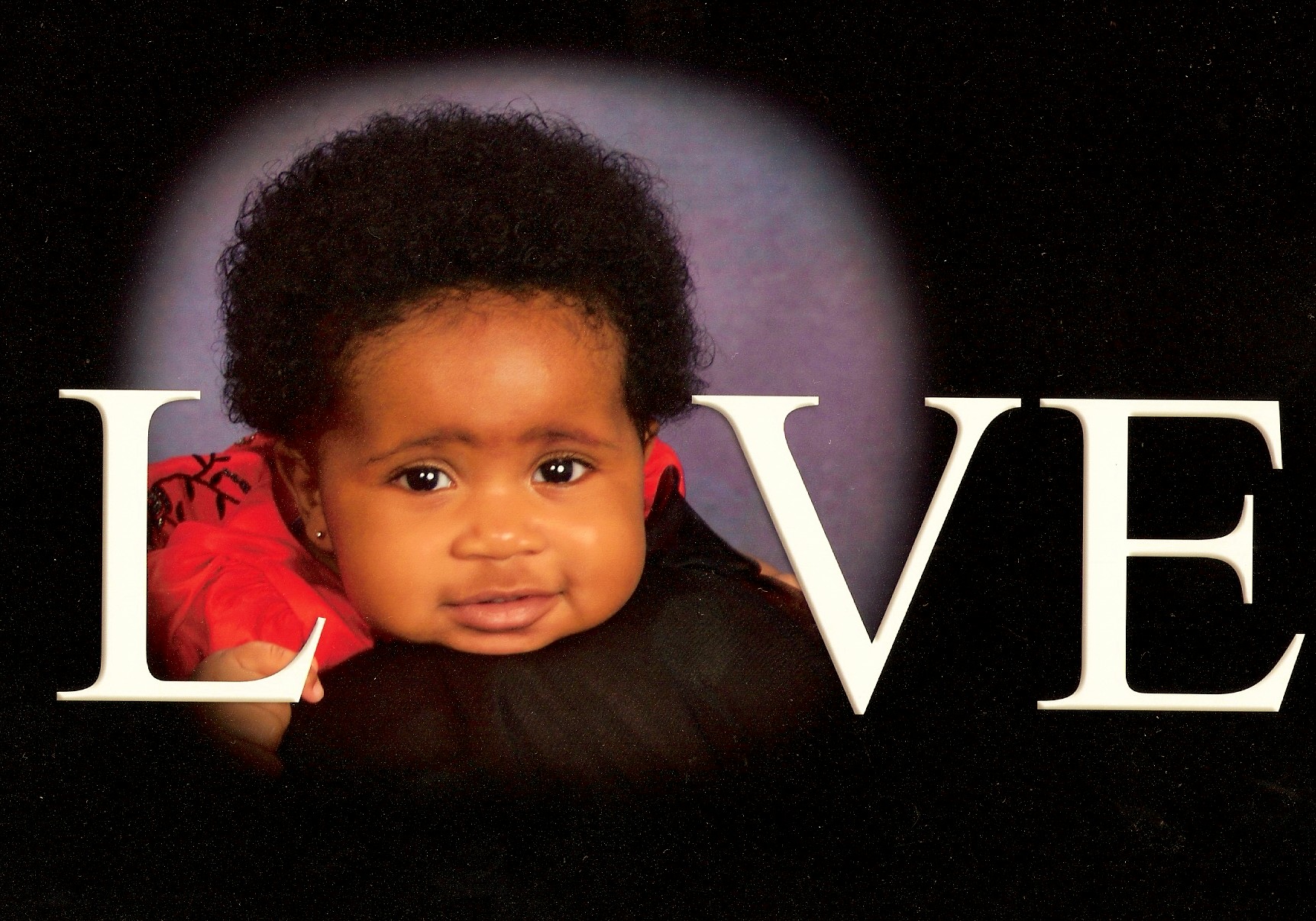 http://www.dallasnews.com/lifestyles/columnists/lorrie-irby-jackson/20120525-demanding-children-can-become-confident-adults.ece
http://www.dallasnews.com/lifestyles/columnists/lorrie-irby-jackson/20120525-demanding-children-can-become-confident-adults.ece
“The Princess & the Diva” may sound like an upcoming Disney film, but the title actually describes Layla and Nia — our preschooler and our kindergartner — who have to be two of the most high-maintenance girls on the planet.
I can almost hear your thoughts: “Well, what young child isn’t?” But that statement comes after years of parenting an easygoing son. While Darius was content to eat whatever I cooked and wear whatever I laid out the night before, his sisters are the polar opposite.
Nia doesn’t like wearing shorts (“What if I scratch up my legs?”), insists on using a particular set of colored plates each night, and prefers only a handful of dinner choices (as if).
Layla might not carry on about the pink or purple dish, but she does smear herself with my face creams and insists that her fingernails and toes get painted whenever I freshen up a mani or a pedi.
And don’t get me started about how they will walk past dozens of toys and games only to play a bicker-filled version of tug-of-war over the same one.
So even though they are sweet and affectionate girls, those positive traits don’t exactly cancel out their tendencies to be super-extra … well, extra.
But as annoying as those traits can get, Calvin and I hope that their demands are just as set in adulthood, because there are few conditions more perilous than a grown woman struggling with self-worth.
It’s a common problem that can sneak up on anyone at any time (and no, having the occasional “terrible, horrible, no good, very bad day” doesn’t count).
What I’m referring to is maintaining such a persistently negative opinion of yourself that, even if you want the best and deserve it, you remain content with whatever’s available or even go without.
For those who need a visual, it’s the equivalent of being offered a meat and two veggies and accepting just a dinner roll — all while your stomach is growling.
The frenzied, media-saturated society that we live in doesn’t help. If we’re not being challenged by the image of size-zero moms breastfeeding elementary-aged school kids, we’re bombarded with endless loops of advertising that all but guarantee we can be thinner, richer, sexier and even better wives and mothers if we would only join this gym, eat that particular cereal or read so-and-so’s e-book.
The constant and contradictory messages of “Be yourself … but not too much” can wear down even the most confident folks when blasted often and loudly enough.
As parents, we all want our kids to live fulfilling and productive lives, and part of helping them reach those goals is to shore up their still-developing self-esteem. Drawing the line between assurance and arrogance requires delicacy and diligence.
But we remain convinced that No. 1 Son, Diva and Princess can overcome most insults and inevitable setbacks if they believe in their strengths and their inherent right to be treated well without first functioning as ATMs, doormats or sex objects.
It’s a tall task to pursue in the age of video vixens and pseudo-celebrities, but we hope our hard work will result in the development of a positive mind-set.
Singer and actress Jill Scott shared this kernel of truth with me during an interview about her role in Tyler Perry’s Why Did I Get Married:
“I know what it’s like to not feel 100 percent, but you can’t degrade and belittle me. I may not feel fly today, but you’re not gonna put me below the ground. No way. What I got from Sheila [her movie character] is that she was willing to do that to save her marriage, and that’s something I don’t understand. It’s not fair to the universe that’s granted you so much for you to just allow somebody to harm you emotionally, physically or spiritually.”
So if our daughters’ present pickiness translates to healthy standards later, then it’s all good: Stay “extra,” babies.
Lorrie Irby Jackson is a Briefing columnist. Email her at lorrie.irby@gmail.com.




